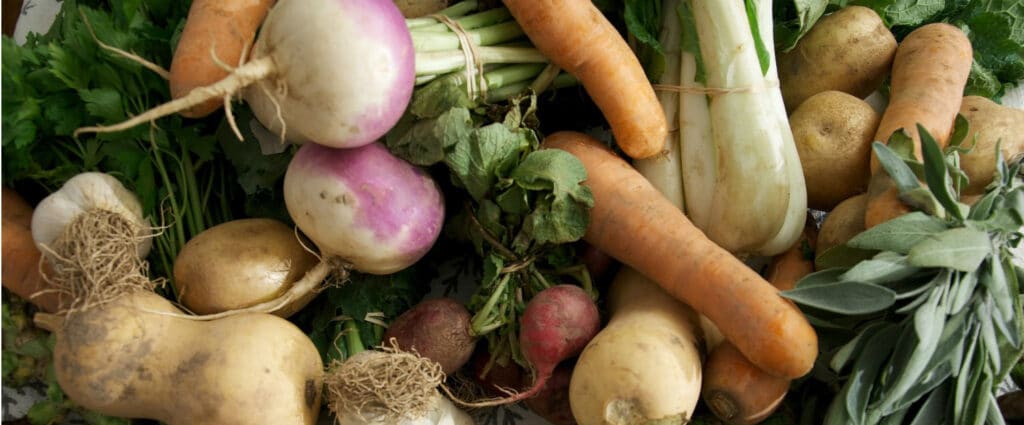Source: Wandile Sihlobo, Bizcommunity Agriculture/Agbiz, 19 February 2021, photo credit: Charles Smith/Global Citizen
South Africa has been fortunate to have sufficient food supplies since the onset of the Covid-19 pandemic. The country is a net exporter of food products, and 2020 was one of the best seasons because of favourable rainfall that supported the crop. There are essential imported food products that South Africa is dependent on such as; rice (100% dependent on imports), wheat (50% dependent on imports), and palm oil (100% dependent on imports).
This is not the case for most of its neighbouring countries such as Zimbabwe, Botswana, Malawi, Mozambique, Lesotho and Swaziland, among others, that rely heavily on imported food products. The underlying factor that causes the stark difference comes down to agricultural productivity and investment levels in the sector.
South Africa is in a more fortunate position with higher levels of investment that enable access to better farming technologies (biotechnology and mechanical technology) and favourable trade policy, which ensures market access and encourages farmers to produce continuously. Hence, it is not surprising that South Africa’s agricultural output has more than doubled in real terms since 1994.
The gains of the higher agricultural production have also been illustrated in food security levels in South Africa. As a reminder, food security is achieved when three objectives are met: (1) food is available; (2) food is accessible, and (3) food quality ensures appropriate nutritional uptake for all citizens at all times.
Read more
The South African Pork Producers’ Organisation (SAPPO) coordinates industry interventions and collaboratively manages risks in the value chain to enable the sustainability and profitability of pork producers in South Africa.








